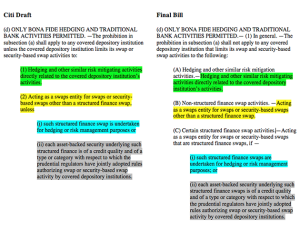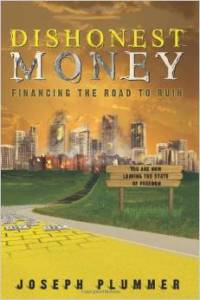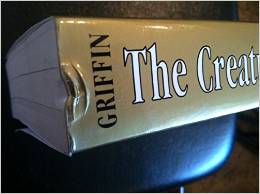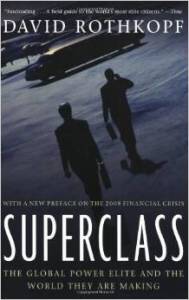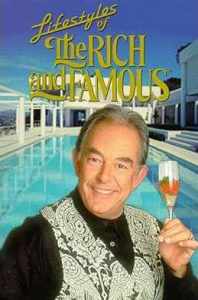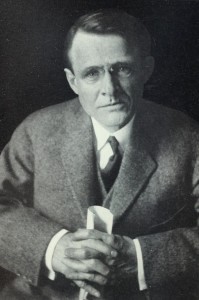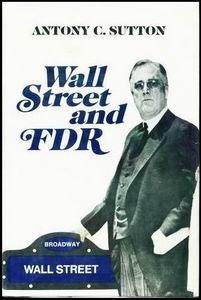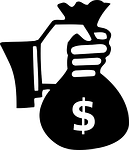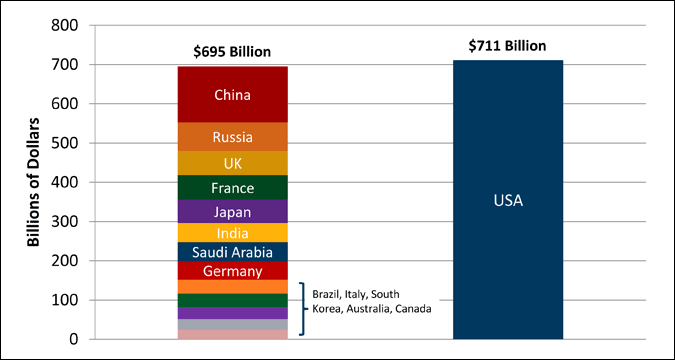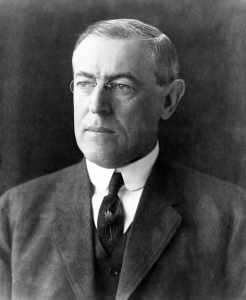by DAVID BROWN | CLEARNFO.com | January 1, 2015
In 2008, we bailed out the banks with GW Bush’s TARP. Now we are set to BAIL-IN the banks. What that means is that if the banks need the money in your checking or savings account, they can just take it. You are in effect a creditor loaning your money to the banks when you make a deposit into one of the too big to fail banks and they can just take it if they need it. And what is worse, you are not first in line as a creditor to get paid back when and if they have the money. They will first pay off their derivatives obligations and if there is any money left –unlikely–you can have that. But with $303 trillion in exposure on derivatives amongst these US too big to fail banks, there may be no money left to pay for the money they took from your bank account. This is a bail-in, not a bail-out. But on what legal authority?
Your Democrats and your Republicans hid this provision which was actually written by Citigroup not by Congress on page 615 of the 1,603 page spending bill they passed last month. Government Psyop: “We wouldn’t want another government shutdown now would we?”
So how did the Cyprus-style bail-in come to America? Here’s how it works… The FSB (Financial Stability Board) writes a white paper and takes it across the hall to the BIS (Bank for International Settlements) both located in the same building shaped like a boot in Basel, Switzerland. The BIS and the G20 then rubber stamp this recommendation and the vassal countries like the USA then pass it into law without consultation with you, the sovereign citizen. So if you want to know who’s boss, it ain’t you pally.
“If you want a vision of the future, imagine a boot stamping on a human face – forever.”
–George Orwell
Carroll Quigley in “Tragedy and Hope”…
“The Power of financial capitalism had a far reaching plan, nothing less than to create a world system of financial control in private hands able to dominate the political system of each country and the economy of the world as a whole. This system was to be controlled in a feudalistic fashion by the central banks of the world acting in concert, by secret agreements arrived at in frequent meetings and conferences. The apex of the system was to be the Bank for International Settlements in Basel, Switzerland, a private bank owned and controlled by the world’s central banks, which were themselves private corporations.”
Letter to Col. Edward Mandell House (21 November 1933); as quoted in F.D.R.: His Personal Letters, 1928-1945, edited by Elliott Roosevelt (New York: Duell, Sloan and Pearce, 1950), pg. 373:
“The real truth of the matter is, as you and I know, that a financial element in the larger centers has owned the Government ever since the days of Andrew Jackson — and I am not wholly excepting the Administration of W. W. The country is going through a repetition of Jackson’s fight with the Bank of the United States — only on a far bigger and broader basis.”
Additional Reading:
- New G20 Rules: Cyprus-style Bail-ins to Hit Depositors AND Pensioners
- Interview 986 – Ellen Brown Explains the New G20 Bank Bail-in Rules
- U.S. Bank Bail-Ins
- Bank Of America Dumps $75 Trillion In Derivatives On U.S. Taxpayers With Federal Approval
- Bank for International Settlements (BIS) – The Vatican’s Central Bank
Interesting to note that Basel, Switzerland is also the home of Novartis AG, a Pharmaceutical company, but not just any pharmaceutical company: Novartis International AG is a Swiss multinational pharmaceutical company based in Basel, Switzerland, ranking number one in sales among the world-wide industry in 2013. According to Bloomberg, in 2009 “the CDC agreed to pay London-based Glaxo and Novartis, based in Basel, Switzerland, more than $415 million for adjuvants that could be added to the swine flu vaccines, according to a July 13 statement”.


